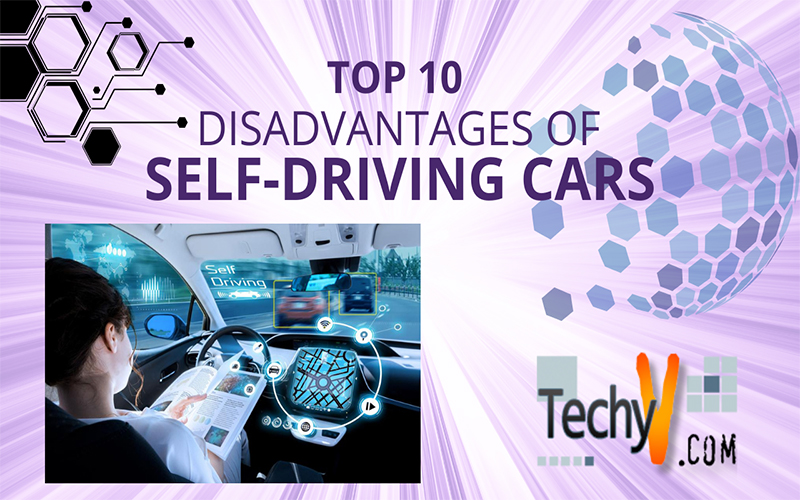A self-driving car, also known as an autonomous car, driverless car, or robotic car (robo-car), is a type of ground vehicle that can sense its surroundings and move safely with little or no human intervention. These vehicles do not require any human labor or being. While most companies only state their benefits or advantages, they fail to mention the technology’s critical disadvantages. We’ve listed a few of them here to alert our readers to them. Do let us know your insights or views in the comment section.
1. Security issues
The possibility of hacking is one of the main disadvantages of self-driving cars. To communicate and coordinate with one another, automated vehicles must use the same network protocol. However, if many cars share the same network, they are vulnerable to a hack. Self-driving cars may have serious security issues.

2. High Cost Of Vehicles
Although significant progress has been made in lowering the cost of producing their implements, these reductions are not significant enough to make them a financially viable option for the average family. According to industry experts, a self-driving car could cost hundreds of thousands of dollars. As a result, a large group will be unable to afford it.
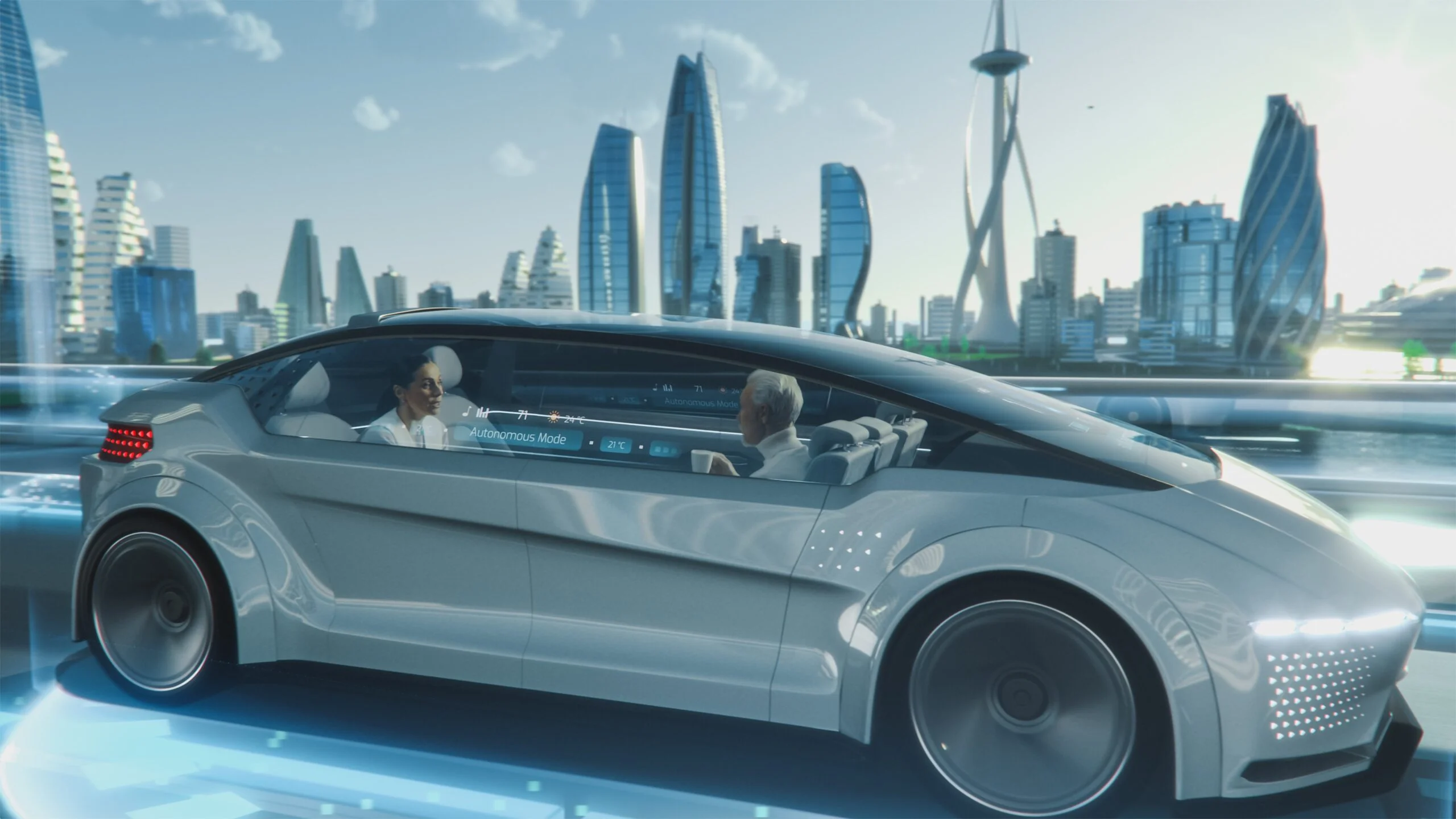
3. Unlearn How To Drive Manually
Another issue is that many people will be unable to drive on their own. If the autonomous vehicle is working properly, this isn’t a big deal. But what if it doesn’t? If the self driving system encounters any problems, the ability to safely navigate the car manually may be required. Even if self-driving cars become commonplace, we must ensure that people understand the fundamentals of manual driving to solve problems if the autonomous system fails.
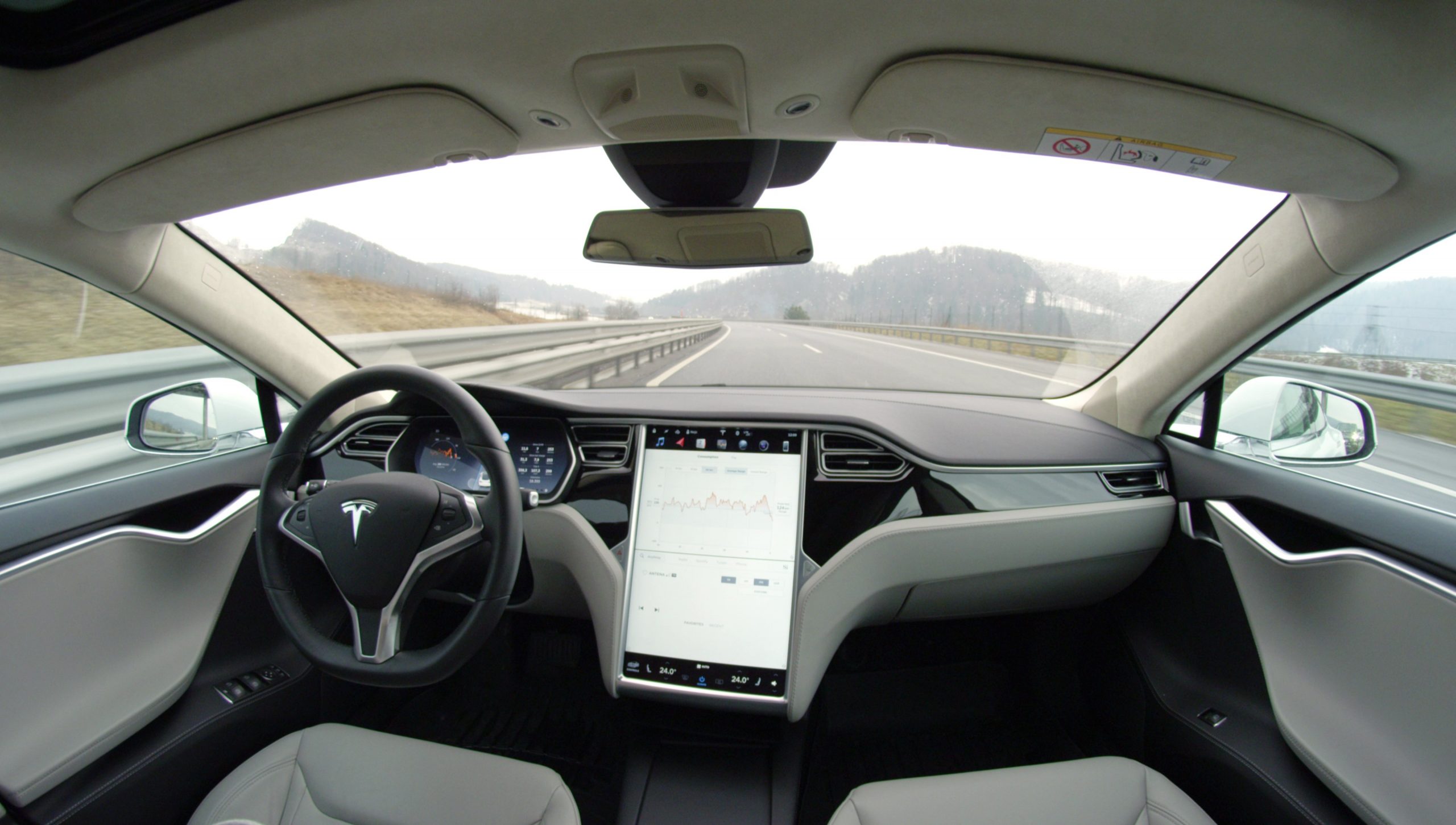
4. Crash Of Technology
Though successful programming allows us to accomplish incredible feats, an unexpected glitch is always possible. Even if a self-driving car initially performs flawlessly, the car company may update the programming that runs the car with a faulty code string. Errors like this irritate us on our computers and mobile devices, but they have the potential to cause car accidents in self-driving cars.
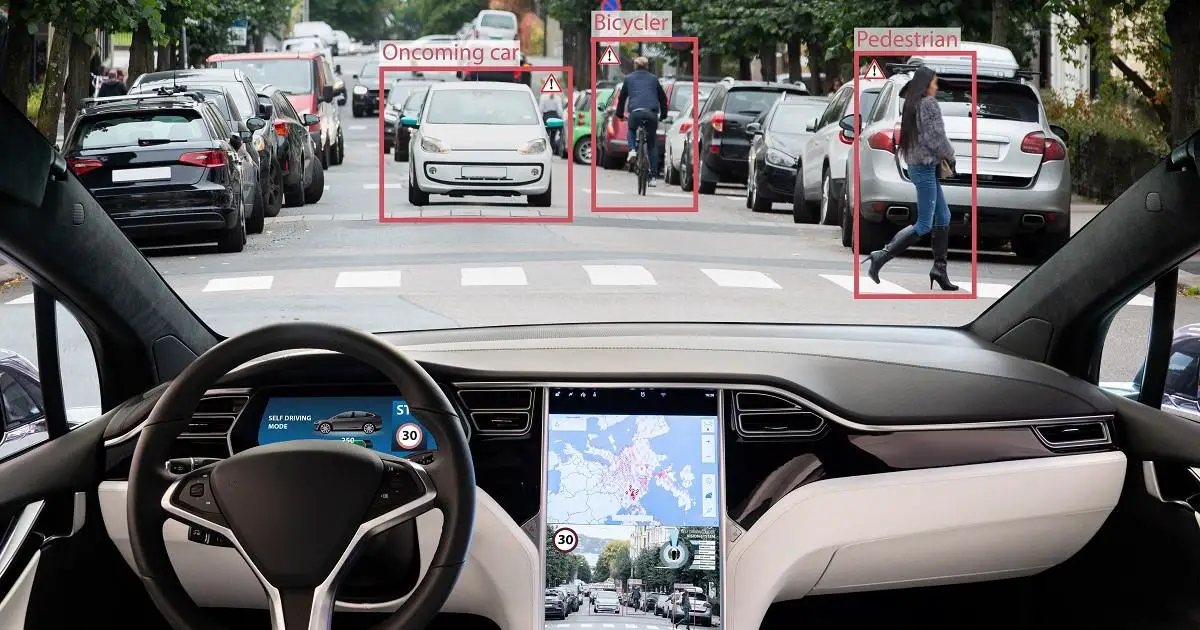
5. Who Will Be Guilty
Who is to blame if a car crashes without a driver: the software designer or the vehicle owner? Undoubtedly, driverless cars will spark numerous debates about legal, ethical, and financial responsibility. No one will accept responsibility if an accident or other negative event occurs due to such vehicles. Who will then be held accountable and guilty?
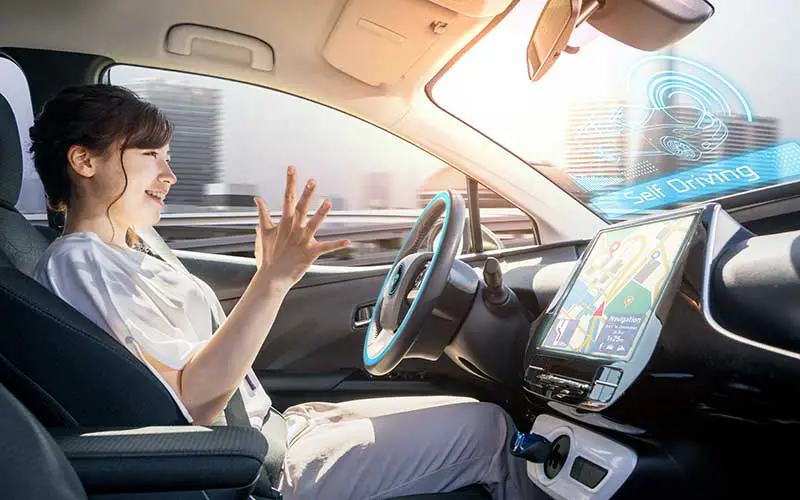
6. Misunderstanding
Human behavior is complex and unpredictable. A computer cannot comprehend inebriation, heavy foot traffic, jaywalking, or hand signals. In situations where drivers must deal with erratic human behaviour or communicate with one another, the driverless vehicle may fail.
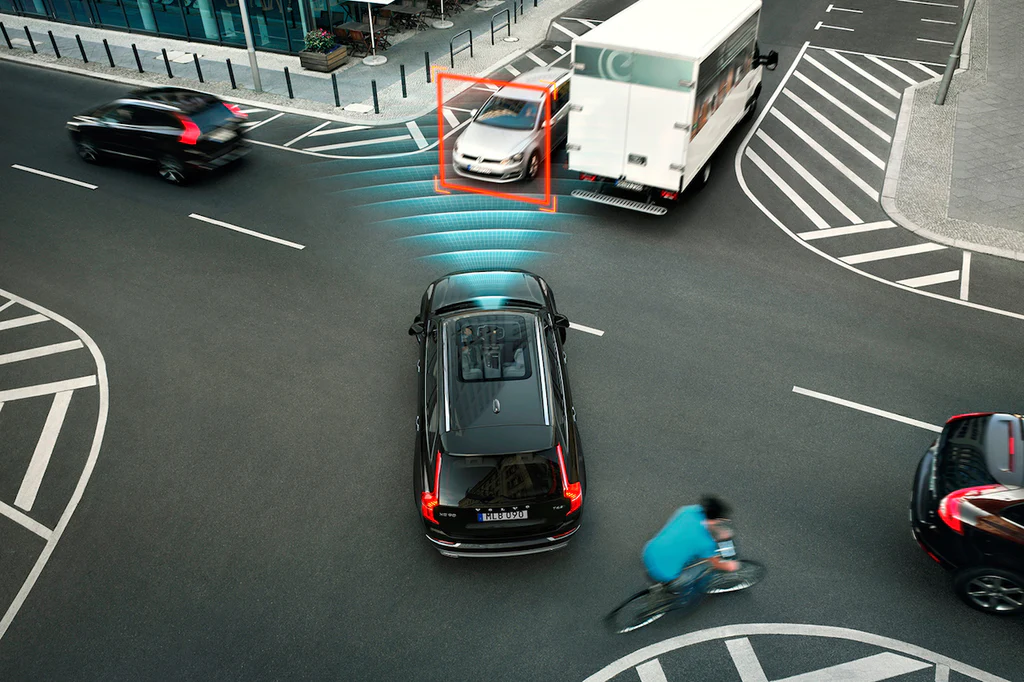
7. Rise In Unemployment
Another disadvantage of self-driving cars will be increased unemployment in the transportation sector, as many cab drivers will no longer be needed. As a result, self-driving cars may be viewed negatively rather than positively by this group of people. When these vehicles hit the market, many people will be out of work.
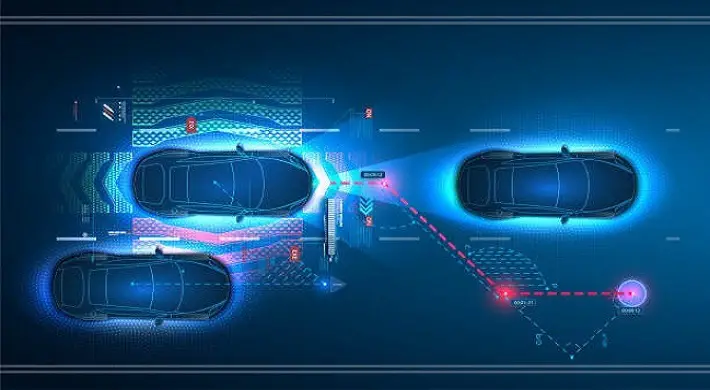
8. Greater Pollution
Even though many companies are interested in self-driving cars that use fuel-efficient or hybrid models, we may face much more pollution if our access to self-driving cars outpaces our commitment to clean energy. In theory, getting out of your car in front of the theatre sounds good, but if your car isn’t electric, emissions would be worse than leaving your car idling while you watched the movie.
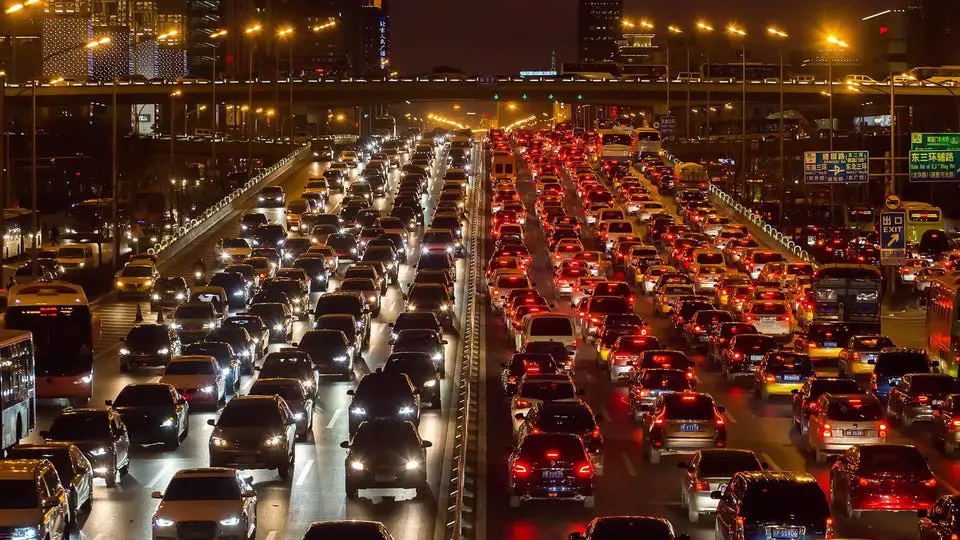
9. Weather issues
The sensors in self-driving cars are also vulnerable to inclement weather. For example, if there is heavy rain or a snowstorm, it is difficult for autonomous vehicles to navigate properly because the sensors may not work reliably. This was an important consideration for businesses and engineers.

10. Privacy Concerns
Because autonomous driving necessitates a large amount of data, critics of the technology frequently express serious privacy concerns. For example, the general public could not determine where their data is stored or for what other purposes it may be used. People will be concerned about their privacy and will avoid this technology.




